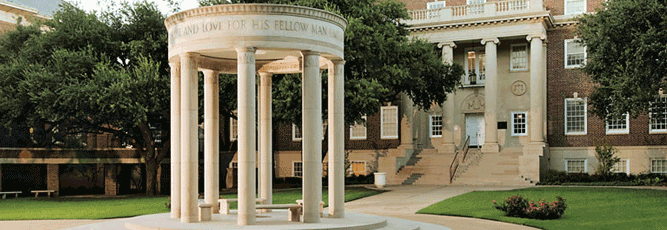SMU Law Review Forum

Abstract
In the wake of the 2020 presidential election in the United States, lawyers sought to overturn the results of that election filing baseless and far-fetched claims. Courts sanctioned many of those lawyers and at least some of them have been disbarred or are in the last throes of disbarment proceedings. Yet such punishment has come nearly four years after the events that precipitated the need for such professional discipline. Are there things courts can do now, on the immediate eve of the next presidential contest, to “insurrection-proof” their courtrooms to make sure that the legal system is not used, once again, in an anti-democratic fashion that seeks to undermine the rule of law? In this Essay, I explain how courts can deploy a range of tools to try to prevent a repeat of what happened in the wake of the 2020 election. First, I describe such tools as Rule 11 of the Federal Rules of Civil Procedure, 28 U.S.C. § 1927, and the inherent powers of the court. Since the first two of these options have some limitations to them by design—that they are intended to deter future conduct—courts should flex their inherent authority to sanction misconduct by lawyers at the outset of litigation. What is more, since a lawyer can avoid punishment under Rule 11 and § 1927 by withdrawing a claim shortly after it is filed and after it has already done public mischief, courts may have to rely on their inherent powers to sanction conduct that might otherwise evade those other provisions. Second, courts must scrutinize pleadings that seek to overturn the results of the election using the plausibility standards set forth by the Supreme Court in Ashcroft v. Iqbal and should hold lawyers alleging fraud to the higher standard set forth in FRCP 9(b) that such claims must be pled with particularity. Third, when entertaining requests for injunctive relief, courts must hold litigants to the appropriate standard for such a remedy, and reject claims where the credible facts and legal arguments do not satisfy every element of the injunction standard. Fourth, courts should give priority to claims that seek to challenge the results of the election and put such cases on an expedited schedule, requiring lawyers to establish the validity of their claims at the earliest possible moment. Finally, courts should issue standing orders reminding lawyers of their obligations under the rules to file only claims that have a good faith basis to them and that failure to do so will result in significant sanctions for such abuse. After recounting the history of the post-2020 election litigation, and the consequences for some of the lawyers who brought frivolous actions and engaged in other unethical conduct, this Essay will explore, in turn, each of these five components of an insurrection-proofing approach to what is sure to be a tidal wave of legal challenges to the results of the 2024 election.
Recommended Citation
Raymond H Brescia,
Insurrection-Proofing the Courts: Judicial Tools to Protect the Legal System from Litigation Abuse in the Wake of the 2024 Election,
77
SMU L. Rev. F.
244
(2024)

